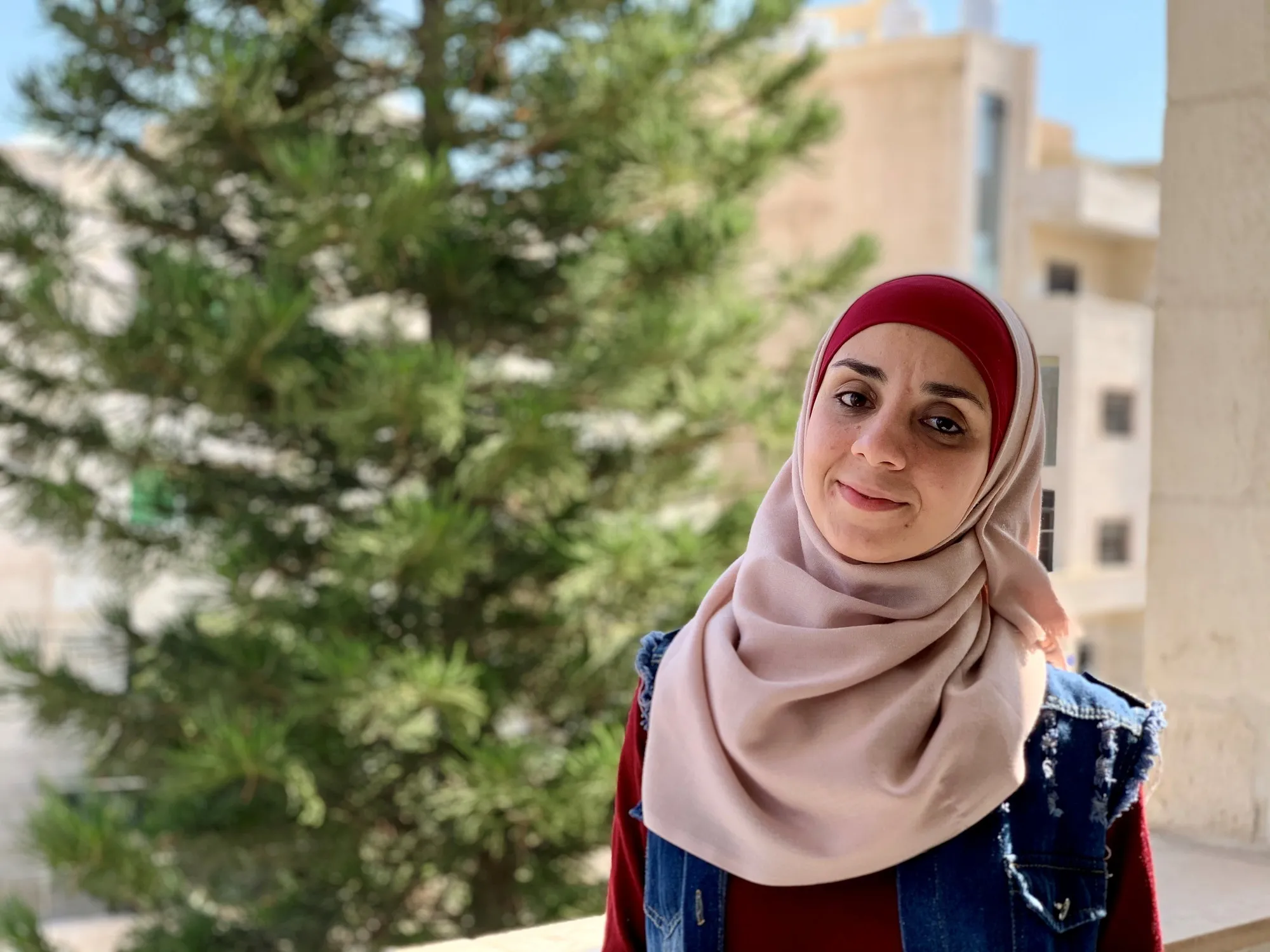Six years ago, we left Homs, Syria and came to Jordan with my parents and sisters. I was 20 years old and we did not know anyone here back them. We had very little interaction with Jordanians.
We moved from one governorate to the other – from Amman to Maan, then back to Amman, trying to find better circumstances. I wanted to continue my education, I used to study engineering back in Syria, but we could not afford it. Universities in Jordan are not free like they are in Syria. Everything here is so expensive, so even my younger siblings initially stayed at home for two years because my family could not pay for their education.
Back in Syria, my father was the primary provider, but when we arrived in Jordan, he worked any job he could get. One day while working on a construction site, he was injured and could no longer provide for us. We kept hearing acquaintances and extended family members saying things like, “If only there was a man, a son, things would be easier for you and your family.”
I was 19 at the time and started looking for a job to help out. Even though my parents were against it – they were afraid for my safety in a new environment – I managed to convince them that I was capable of taking on the responsibility. I found a job in Ain Al-Basha tutoring students in English and math.
For four years, I worked hard and took every opportunity to enroll in courses, attend workshops in women’s empowerment and network with other people. My parents saw my determination and perseverance and became supportive of my ambitions, and of women’s participation in the workforce in general. I finally received a scholarship from the British Council to study journalism. I am proud to say that I just graduated with a bachelor’s degree in journalism.

